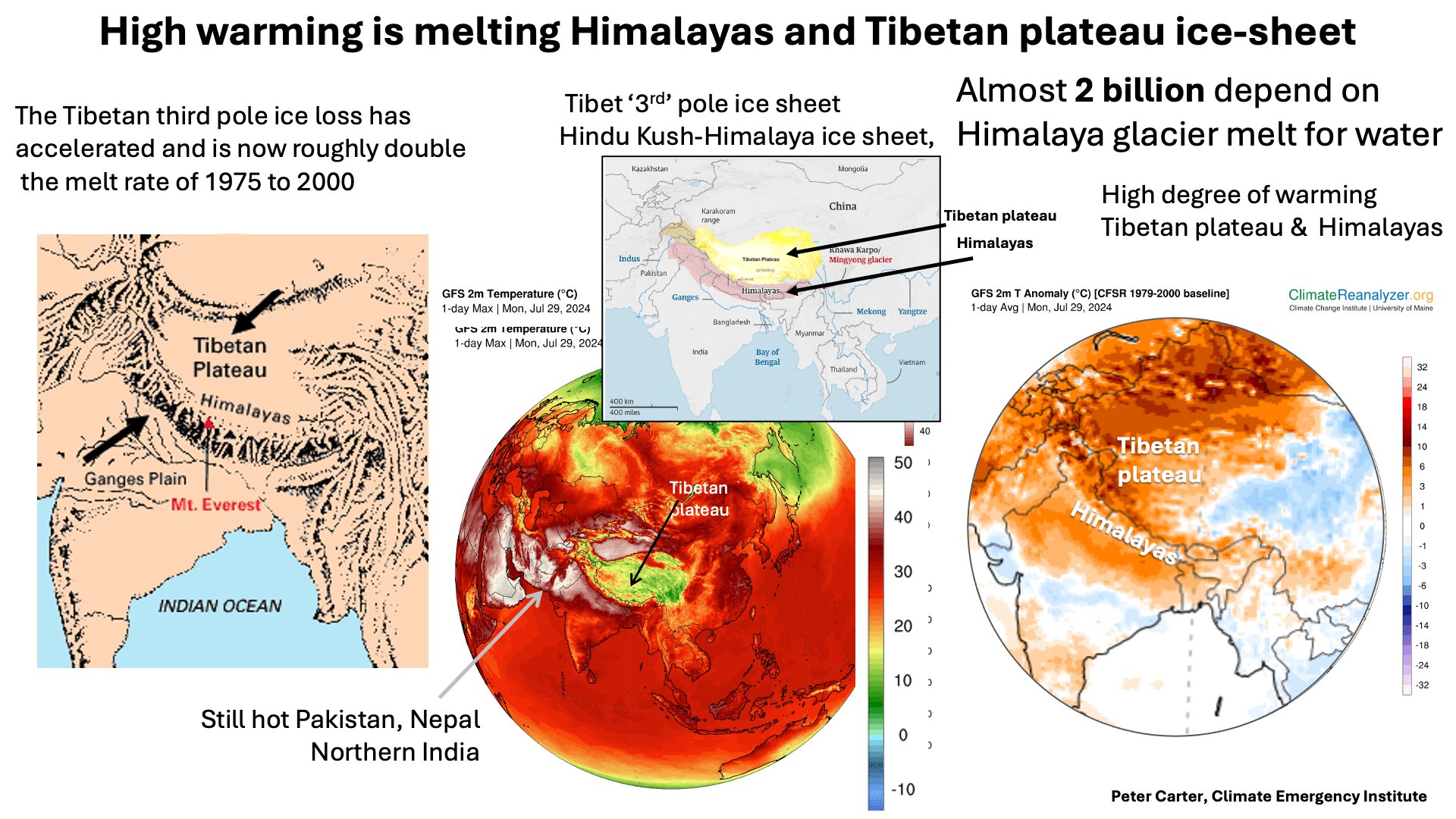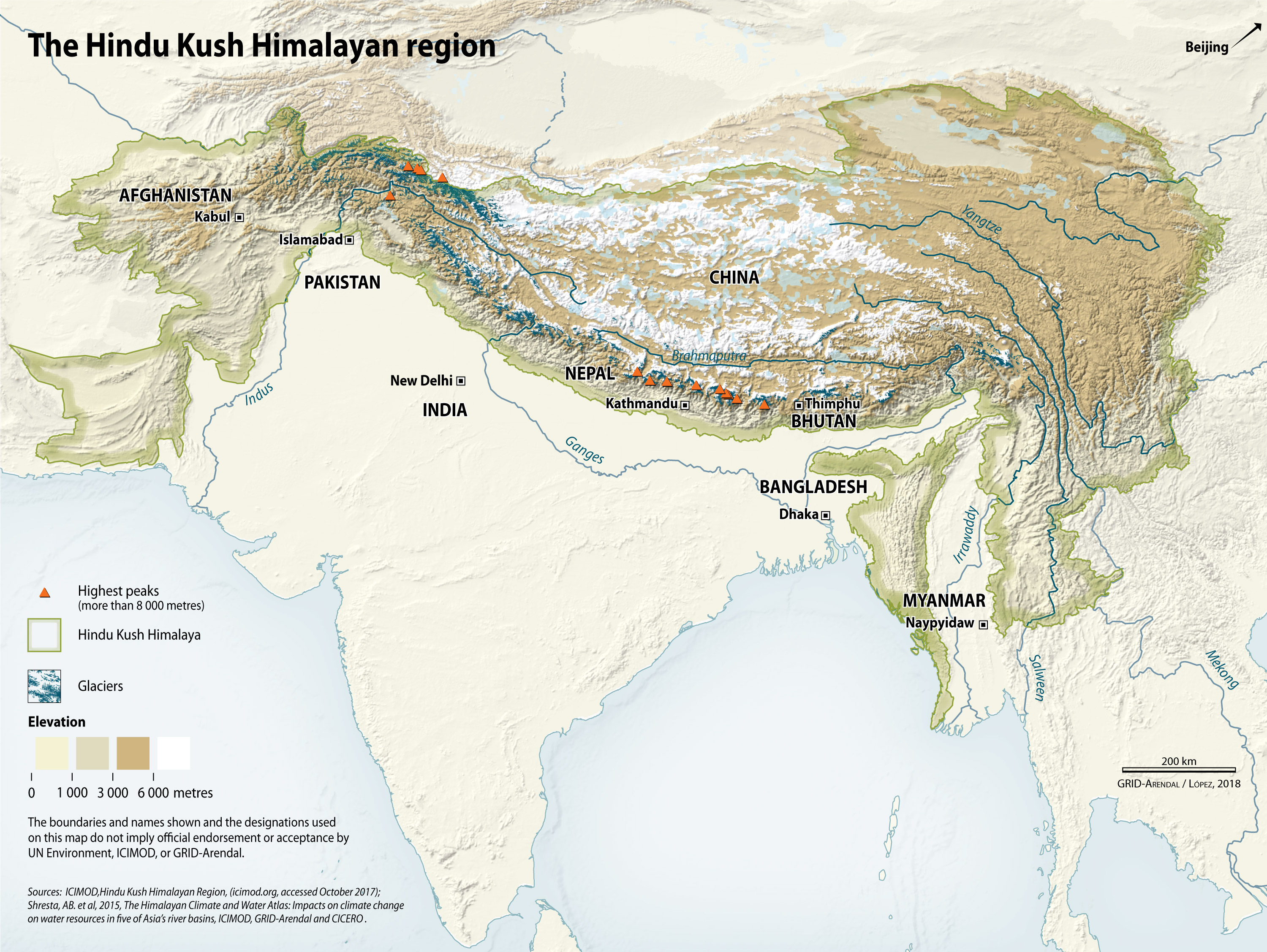The Hindu Kush Himalaya region, whose glaciers sustain rivers vital for two billion people, risks losing up to 75 per cent of its ice by 2100 if global temperatures rise by 2 degrees Celsius, warns a recent study published in Science.
The research reveals that limiting warming to 1.5 degrees Celsius above pre-industrial levels – a goal outlined in the 2015 Paris Agreement – could preserve 40-45 per cent of glacier ice in the Himalayas and the Caucasus. Globally, however, if the current trajectory leads to a 2.7-degree Celsius rise by century’s end, only about one-quarter of glacier ice will remain.

Glacier regions crucial to human communities, such as the European Alps, the Rockies in North America, and Iceland, are particularly vulnerable. At 2 degrees Celsius warming, these areas could lose almost all ice, with merely 10-15 per cent of 2020 levels remaining. Scandinavia faces a bleaker outlook, potentially losing all glacier ice under this scenario.
The study forecasts that achieving the 1.5-degree target would retain 54 per cent of present-day glacier ice worldwide and 20-30 per cent in the most sensitive regions. This is significant as global attention focuses on glacier melt and its cascading impacts.
Also read: Hindu Kush snow decline threatens water security
As world leaders convene in Dushanbe, Tajikistan, for the first UN conference on glaciers from May 30, over 50 nations, including 30 at ministerial level or higher, are participating to discuss urgent climate action.
Asian Development Bank Vice-President Yingming Yang emphasised at the conference, “Melting glaciers threaten lives on an unprecedented scale, including the livelihoods of more than 2 billion people in Asia. Switching to clean energy to cut the release of planet-warming emissions remains the most effective way of slowing glacial melt.” He added, “At the same time, it is essential to mobilise financing to help the most vulnerable adapt to a future of more floods, droughts, and rising sea levels across Asia and the Pacific.”

The study was conducted by 21 scientists from ten countries using eight glacier models to estimate ice loss among over 200,000 glaciers worldwide, under varying global temperature scenarios, assuming stable temperatures for millennia. The findings reveal glaciers will lose mass rapidly over several decades before melting slows and stabilises at higher altitudes, meaning today’s heat will impact glaciers for centuries.
Co-lead author Dr Harry Zekollari of Vrije Universiteit Brussel stated, “Our study makes it painfully clear that every fraction of a degree matters. The choices we make today will resonate for centuries, determining how much of our glaciers can be preserved.”




